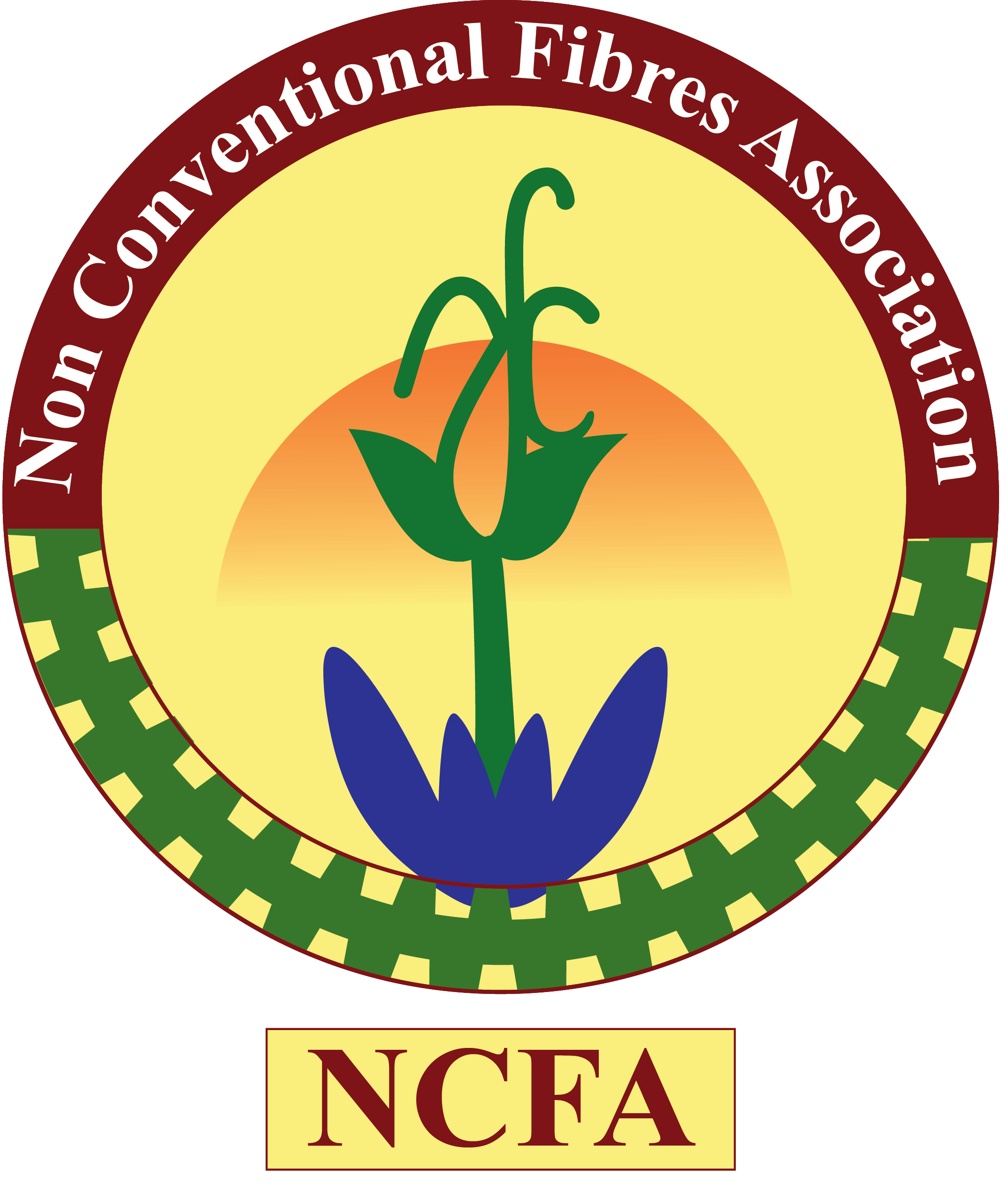Lakhimpur Kheri now supplies banana fibre to Haryana, Bihar, Hyderabad and Gujarat. The business model has been recognised by the prime minister, who dubbed the initiative as ‘waste to best’.
Rural women in Lakhimpur Kheri’s Ishanagar block have made banana fibre production a successful business model as they are able to make Rs 5-6 lakh yearly profits.
Theirs is also an eco-friendly venture that helps farmers in the area clear their land for the next farming season — an effort that otherwise requires an expense of Rs 18,000-20,000 per hectare.
Banana fibre production is now a sought-after venture in many parts of the country.
Launching the initiative in the district from Ishanagar in 2020, Arun Kumar Singh, the then block development officer (BDO) of the area, had realised that banana farmers were spending enormous amounts to cut down the existing trees after the season, thereby generating enormous amounts of agriculture waste.
Singh began to look for a solution and found that these tree waste could be converted into fibre, which could then be fashioned into showpieces, cards, sarees and flexes. Kheri has over 1,800 hectares of banana fields spread over various blocks.
“As the Covid pandemic was peaking at the time, I realised that this idea could provide for a two-pronged solution for the community. Not only could we eliminate the costs of getting rid of the waste from the yield by buying it for free, but the initiative could also provide employment opportunities for the women of the community.”
The machinery required for the business was bought from a company in Gujarat, and 40 women from a self-help group (SHG) in Ishanagar block were given virtual training on how to use them.
Prior to this, these women ran small businesses selling chips and other homemade snacks in groups of three to four, which did not make for a steady income.
But since they were engaged in banana fibre production, they now earn roughly Rs 500-600 daily.
After the success of the idea in Ishanagar, Singh was transferred to Palia (another block in Kheri), where he decided to set up the same waste-to-fibre model.
For Palia, he arranged for two more of the similar plants to be prepared. He also engaged the local Tharu tribals, who are popular for making home décor items out of banana fibre, into the business model. The tribals, who previously bought banana fibre for higher prices, now had their own plant in their backyard.
Currently, close to 100 women are churning out banana fibre from the agriculture waste and fashioning attractive products from the fibre.
Lakhimpur Kheri now supplies banana fibre to Haryana, Bihar, Hyderabad and Gujarat. The business model has even been recognised by the prime minister, who dubbed the initiative as ‘waste to best’.
Singh has been lauded for his ideas that worked for the betterment of the local communities and making efforts to empower them through methods outside of his duties as a block development officer.
Most recently, he was invited to Raj Bhawan, for the commemoration of the PM’s 100 episodes of Mann ki Baat, in which he had previously been featured for his idea.




